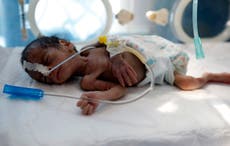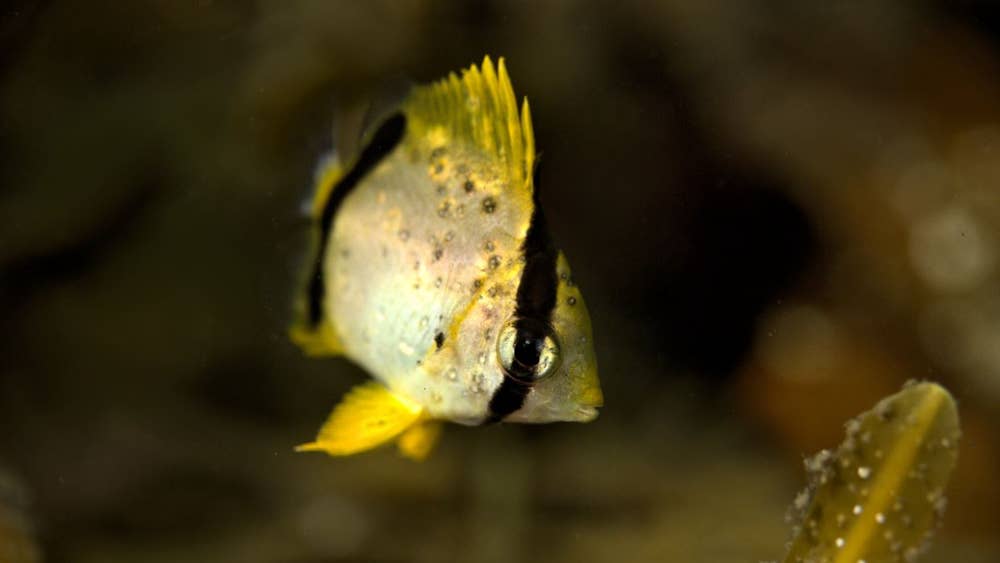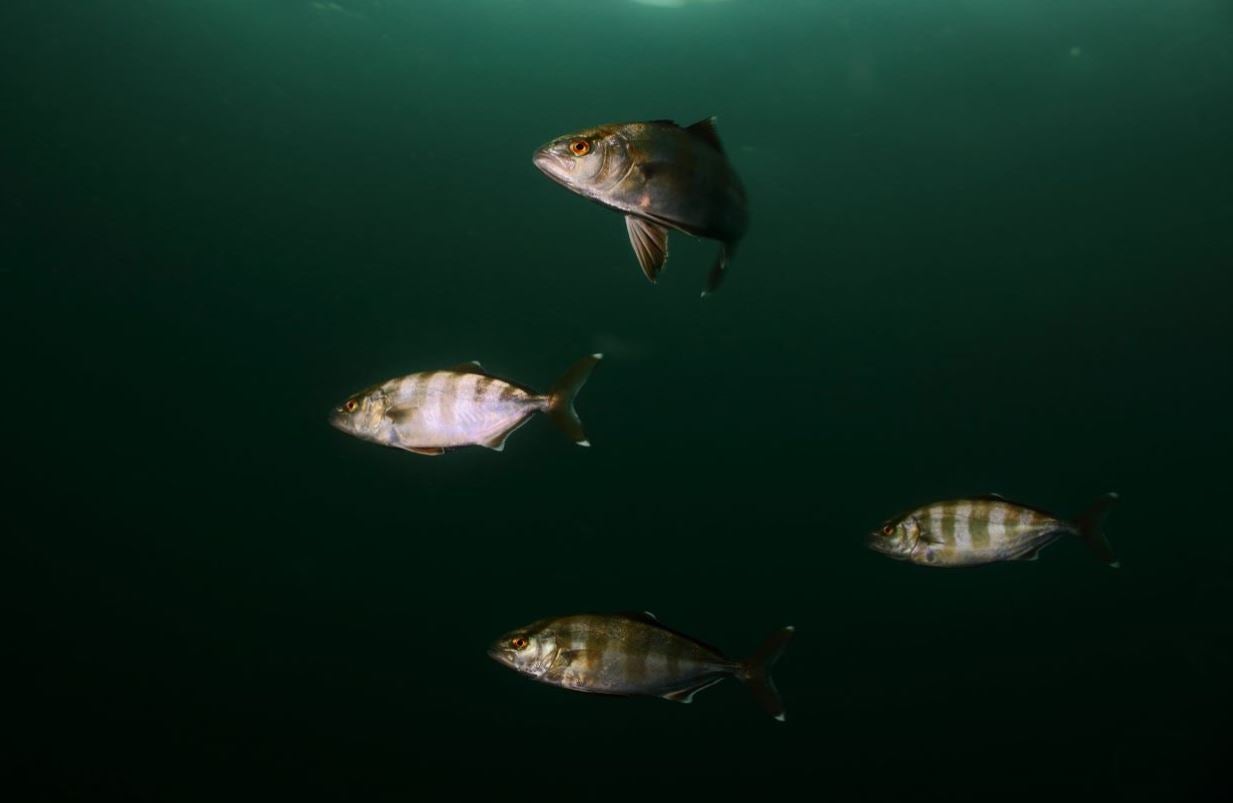The 1964 Great Alaskan earthquake, occurred on Good Friday, March 27 1964.
Across south-central Alaska, ground fissures, collapsing structures, and tsunamis resulting from the earthquake caused about 131 deaths.
Across south-central Alaska, ground fissures, collapsing structures, and tsunamis resulting from the earthquake caused about 131 deaths.
The magnitude 9.2 megathrust earthquake remains the most powerful earthquake recorded in North American history, and the second most powerful earthquake recorded in world history. Six hundred miles (970 km) of fault ruptured at once and moved up to 60 ft (18 m), releasing about 500 years of stress buildup. Soil liquefaction, fissures, landslides, and other ground failures caused major structural damage in several communities and much damage to property. Two hundred miles (320 km) southwest, some areas near Kodiak were permanently raised by 30 feet (9 m). Southeast of Anchorage, areas dropped as much as 8 feet (2.4 m), requiring reconstruction and fill to raise the Seward Highway above the new high tide mark.
Post-quake tsunamis severely affected Alaskan, British Columbia, Washington, Oregon, and California states. Tsunamis also caused damage in Hawaii and Japan.























